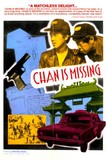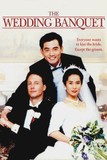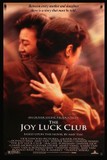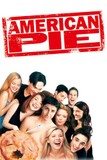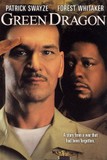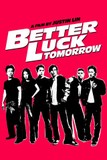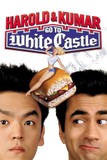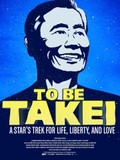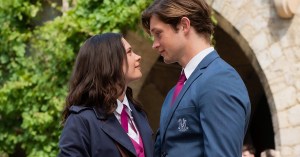18 Asian-American Movie and TV Milestones
The moments big and small that paved the way for on-screen representation.
August 2018 was a watershed month for Asian-American representation on screen. Crazy Rich Asians was the first Asian-American major studio release in 25 years, and broke box office records in theaters. (It also became one of the best-reviewed rom-coms ever.)Another Certified Fresh film that month, Searching. On streaming, Netflix’s To All The Boys I’ve Loved Before and Hulu’s Minding the Gap got up close and personal with the next generations. Meanwhile, Fresh Off the Boat (already a record-breaker for being an As-Am sitcom that wasn’t cancelled after one season) was priming for its prime time return, and Netflix was in the midst of its stand-up comedy insurgency with specials like Ali Wong: Hard Knock Wife. In the years since, we’ve seen the likes of Minari, Always Be My Maybe, and Driveways score with critics.
Rotten Tomatoes looks at 18 movie and TV milestones that paved the way, some by pebble and some by bulldozer, for Asian-American representation.

(Photo by New Yorker/courtesy Everett Collection)

(Photo by Buena Vista Pictures)
ALL-AMERICAN GIRL (1994)
Margaret Cho’s sitcom, the first to be led by an Asian-American woman, is set in history as a compromised project propped by networks giving every stand-up comic a show, and then subsequently padded with stereotypes. That Girl‘s failure was held up for decades as a reason to not bankroll under-served voices highlights the disproportional cultural weight these endeavors carry, something Crazy Rich Asians itself faces. Still, Cho breaking through to show up on ABC for 19 episodes weekly gave hope and possibility to thousands of young Asian girls, who had even less to look up to than the boys did. CRA‘s Awkafina has said that seeing Cho on television at a young age set her on the path towards performance.

(Photo by MTV Films/courtesy Everett Collection)

(Photo by Frank Ockenfels 3/AMC)

(Photo by ABC/Bob D’Amico)



